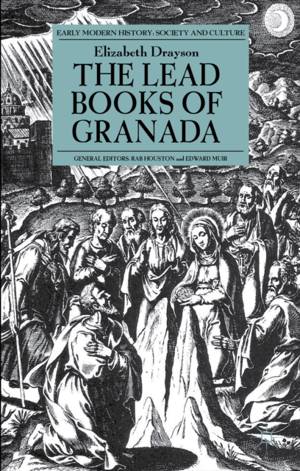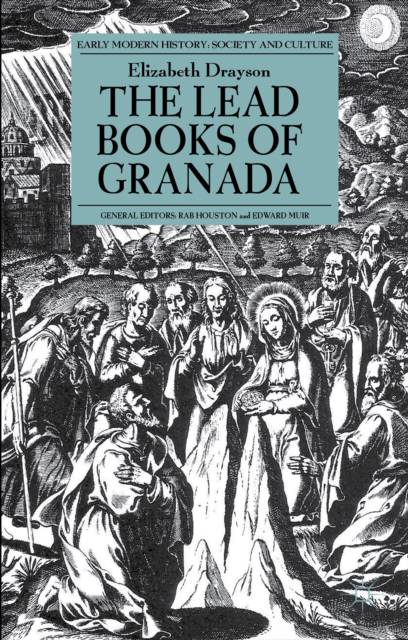
- Retrait gratuit dans votre magasin Club
- 7.000.000 titres dans notre catalogue
- Payer en toute sécurité
- Toujours un magasin près de chez vous
- Retrait gratuit dans votre magasin Club
- 7.000.0000 titres dans notre catalogue
- Payer en toute sécurité
- Toujours un magasin près de chez vous
Description
Hailed as early Christian texts as important as the Dead Sea Scrolls, yet condemned by the Vatican as Islamic heresies, the Lead books of Granada, written on discs of lead and unearthed on a Granadan hillside, weave a mysterious tale of duplicity and daring set in the religious crucible of sixteenth-century Spain. This book evaluates the cultural status and importance of these polyvalent, ambiguous artefacts which embody many of the dualities and paradoxes inherent in the racial and religious dilemmas of Early Modern Spain. Using the words of key individuals, and set against the background of conflict between Spanish Christians and Moriscos in the late fifteen-hundreds, The Lead Books of Granada tells a story of resilient resistance and creative ingenuity in the face of impossibly powerful negative forces, a resistance embodied by a small group of courageous, idealistic men who lived a double life in Granada just before the expulsion of the Moriscos.
Spécifications
Parties prenantes
- Auteur(s) :
- Editeur:
Contenu
- Nombre de pages :
- 289
- Langue:
- Anglais
- Collection :
Caractéristiques
- EAN:
- 9781137581778
- Date de parution :
- 15-11-13
- Format:
- Livre broché
- Format numérique:
- Trade paperback (VS)
- Dimensions :
- 140 mm x 216 mm
- Poids :
- 353 g

Les avis
Nous publions uniquement les avis qui respectent les conditions requises. Consultez nos conditions pour les avis.






